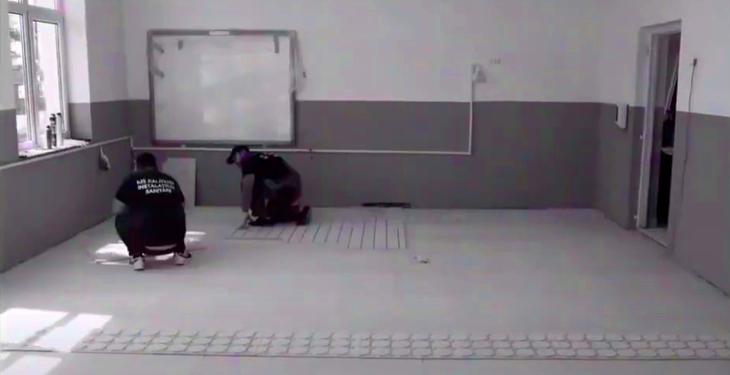The concept of smart city focuses on six pillars, the best known of which is mobility – everything related to transit and movement in cities. “In reality, the purpose of smart city programs is economic competitiveness, sustainability and reduction of pollution,” says Mihai Măerean, CEO Bjorn Heizung. No new consumption capacity can be introduced without investment in infrastructure or large scale measures in energy efficiency.
“We deal with energy efficiency in the heating area. We analyzed the data from the city of Cluj, for all consumer segments, and we saw that gas consumption is four times higher than the power consumption. Of this gas, 54% is consumed by the population in the end. There remain 1.3 TWh consumed by the public sector. The polluting value of this gas is 525,900 tons of CO2, a considerable number”, said Măerean during the online conference “Smart choices for smart cities”, organized by Energynomics and BusinessMark.
While energy efficiency investments in the residential area are difficult to make, in public buildings, including universities or schools, they can bring significant savings and can even contribute to the quality of education, one of the advantages being standardized solutions for all the schools.
“Schools and universities are the most difficult to make energy efficient, as the glazed surface is very large, and the execution period is short – only during the summer holidays… About 90% of gas consumption is related to heating, but the final energy consumption, implicitly the absolute amount of emissions, can be reduced”, he said.
“All small obstacles can be overcome with the proper technical solutions… We managed to rehabilitate a school in Suceava County in two weeks and it showed that it was possible – it is important to really want it and to overcome the barrier that is represented by outdated mind frames.”
Another common problem is the lack of funding, especially for some categories of investors.
“Heat consumption is the big elephant in the room – it is difficult to quantify, difficult to control and most difficult to make efficient; unfortunately, this is also the most polluting energy.”
